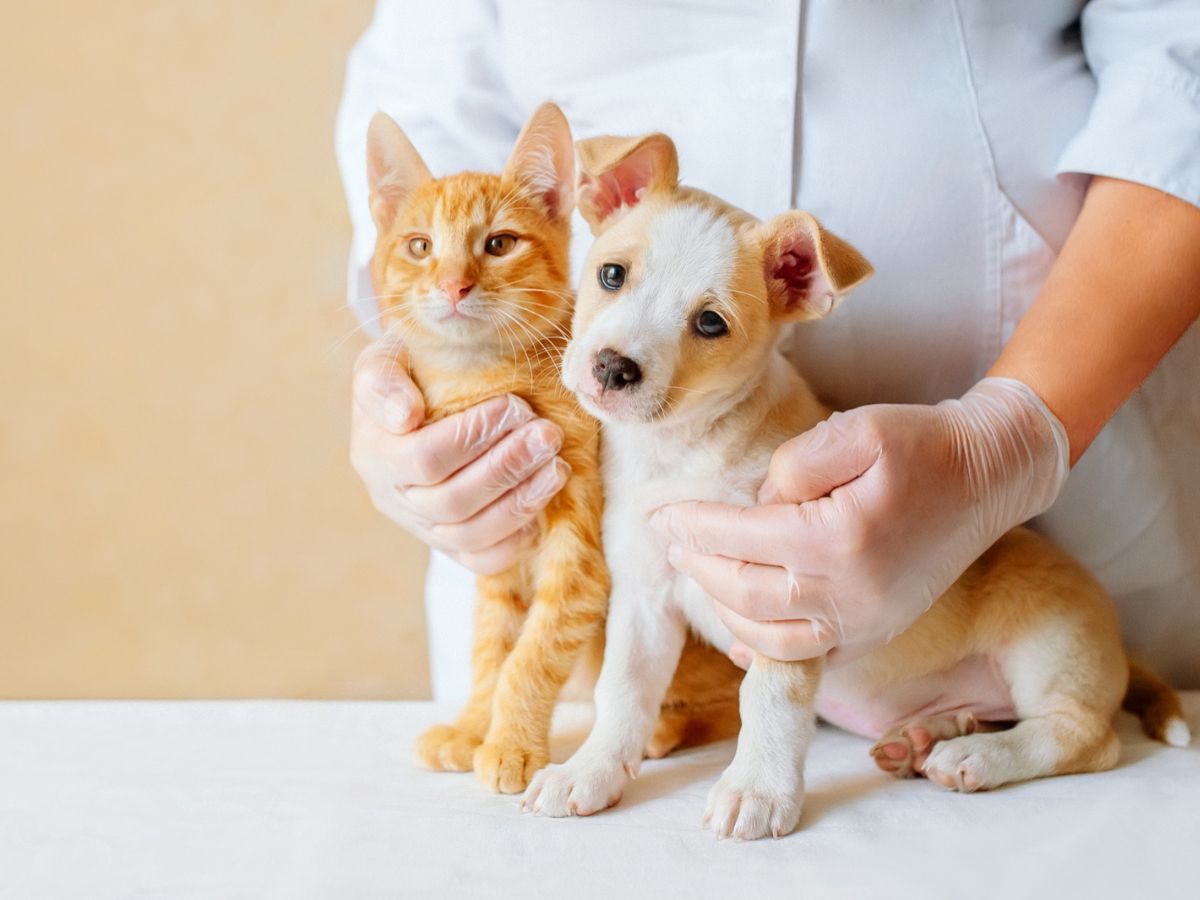In a bustling corner of the city lies a sanctuary for the ailing, a place where the line between human and animal compassion blurs—the modern animal hospital in Gilbert AZ. These institutions have evolved far beyond the simple veterinary clinics of the past, now offering a range of specialized services akin to human medical facilities. Today, we take a closer look at the intricate world of animal healthcare, uncovering the passion, technology, and heart that drive these vital establishments.
A Day in the Life
The day at an animal hospital begins early, with a dedicated team of veterinarians, nurses, and support staff arriving before dawn. The first order of business is the morning rounds. Similar to human hospitals, these rounds involve reviewing the overnight cases, checking on recovering patients, and planning the day’s surgeries and consultations.
State-of-the-Art Facilities
Modern animal hospitals are equipped with advanced medical technology. From digital radiography and ultrasound machines to MRI scanners and endoscopic equipment, the tools available for diagnosing and treating animal ailments are impressive. These facilities also include operating theaters designed specifically for animals, with adjustable tables and specialized surgical instruments.
The Heartbeat of the Hospital: The Veterinary Team
At the core of any animal hospital is its veterinary team. These professionals undergo rigorous training, often specializing in areas such as oncology, cardiology, neurology, or orthopedics. Their expertise is complemented by a deep empathy for their patients. It’s not uncommon to see a vet comforting a nervous pet before a procedure or a nurse spending extra time cuddling a recovering patient.
Emergency and Critical Care
Just as with human medicine, emergencies can strike at any moment. Animal hospitals often have 24/7 emergency services, with on-call vets ready to handle anything from traumatic injuries to sudden illnesses. The intensive care units (ICUs) for animals are equipped to provide continuous monitoring and support, ensuring that critically ill patients receive the best possible care.
Holistic and Preventative Care
Preventative medicine is a key focus in modern animal healthcare. Regular check-ups, vaccinations, dental care, and nutritional counseling are all part of the comprehensive services offered. Additionally, many animal hospitals now incorporate holistic treatments such as acupuncture, chiropractic care, and physical therapy, recognizing the benefits of a well-rounded approach to health.
Compassionate End-of-Life Care
One of the most challenging aspects of veterinary work is end-of-life care. Animal hospitals strive to provide a compassionate and dignified experience for both pets and their owners during this difficult time. Services often include hospice care, pain management, and support for grieving families, ensuring that the final moments are as peaceful as possible.
Community Outreach and Education
Animal hospitals also play a crucial role in their communities. Many engage in outreach programs, offering free clinics, vaccination drives, and educational seminars to promote responsible pet ownership. They work closely with local shelters and rescue organizations, providing medical care to animals in need and supporting adoption efforts.
The Future of Animal Healthcare
The future of animal hospitals looks bright, with ongoing advancements in veterinary medicine promising even better outcomes for pets. Innovations such as telemedicine, genetic testing, and regenerative therapies are on the horizon, offering exciting possibilities for early diagnosis and treatment. The continued emphasis on compassionate care ensures that these hospitals remain a place of healing and hope for all creatures great and small.
In conclusion, the modern animal hospital is a testament to the bond between humans and their animal companions. It is a place where science and compassion intersect, providing a lifeline to pets in need and peace of mind to their owners. As these institutions continue to evolve, their commitment to the health and well-being of animals remains unwavering, cementing their role as indispensable pillars of our communities.

